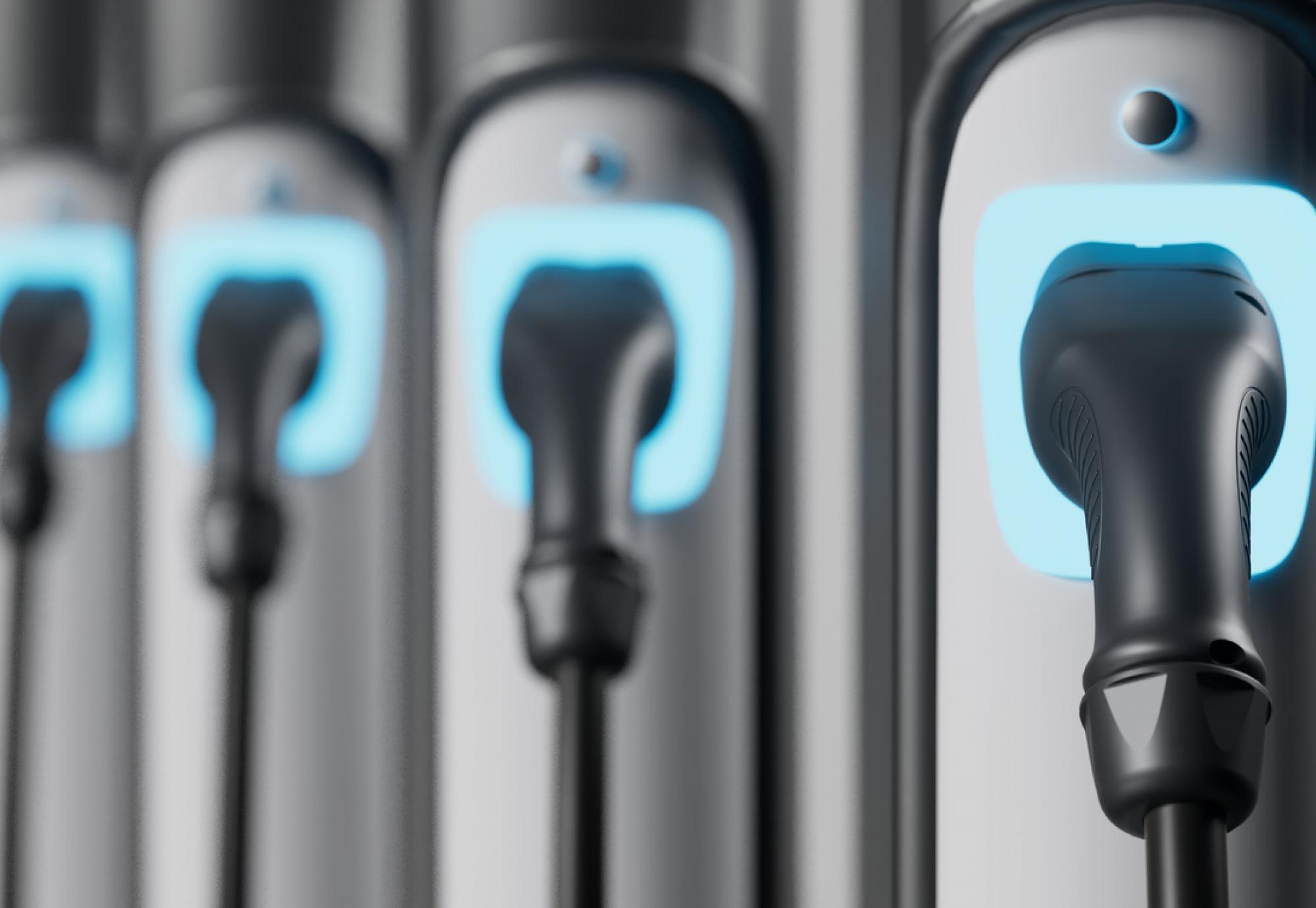From energy efficiency initiatives to sustainable transportation, local authorities hold a unique position to influence the net zero transition. The current target set out by the UK government is achieve net zero by 2050. However, local authorities have already demonstrated climate leadership beyond that goal. Over 300 local authorities have declared a climate emergency and nearly two thirds of councils in England aim to be carbon neutral by 2030.
One of the main areas local authorities can influence change is through facilitating the electrification of transport and providing the necessary charging infrastructure to support it. Transport is responsible for 24 percent of the UK’s total emissions, with road transport making up the majority of that percentage. Electric vehicles (EVs) have therefore become widely recognised as a crucial technology needed for a net zero future.
EV adoption is certainly growing, and by expanding the public EV charging infrastructure and leading by example, local authorities hold the key to accelerating the EV transition.
Establishing comprehensive public charging networks
Nationwide EV adoption requires strategic, extensive placement of public charging points. One of the main challenges to widespread EV adoption is the availability and accessibility of chargers. Two-fifths of households in Britain have no driveway, so cannot install their own EV chargers at home. This means a robust public charging network is paramount to allow EV ownership to become a realistic option for UK drivers.
Local authorities are in a unique position to be able to deliver that infrastructure. Though not an easy task, with their knowledge of regional needs and challenges, local authorities can play a pivotal role. From charge points in rural, residential areas to urban charging hubs, local authorities are in a strong position to understand where to locate charge points, the numbers required, and the type of chargers needed.
By expanding the public charging network, local authorities can ensure there is a solid infrastructure in place to support an increase in EV ownership.
Leading by example
Local authorities will be in a stronger position to influence their communities to make the electric transition if they have already done so themselves.
- Electrifying public sector fleets
Electrifying fleets is crucial to decarbonising transport. The UK government has recognised this in its own commitment to have 100% zero emission central government cars and vans by 2027.
From emergency service vehicles to refuse collection and delivery fleets, the public sector is responsible for a wide range of fleets. Electrifying these could make a huge difference. For example, in 2020, environmental consultancy, Eunomia, predicted that replacing local authority operated diesel refuse collection vehicles with EVs would reduce carbon dioxide-equivalent emissions 330 kilotonnes to 40 kilotonnes per year.
At the same time, it is also important that local authorities create the infrastructure to support the shift to electric fleets, such as incorporating charging facilities for longer wheelbase vehicles.
By leading the transition to electric fleets, local authorities can show their support for electric mobility as well as demonstrate their commitment to reducing local emissions and tackling air pollution. Plus, due to the lower running costs of EVs, they can benefit from cost savings.
- Workplace charging
Local authorities can also demonstrate leadership by making sure their own public sector buildings, like local councils and community centres, are equipped with charge points for employees, visitors and local residents. They can also benefit from the Workplace Charging Scheme, which provides financial support to electrify council fleets and install workplace chargers, encouraging an EV transition among staff.
Where to start
Overall, local authorities will emerge as key players in driving the electrification of transport and establishing a robust EV charging infrastructure. By joining the EV transition themselves, local authorities can lead by example and demonstrate the viability of electric mobility in the public eye.
Of course, this does not come without challenges. Local authorities are under incredible pressure to demonstrate climate leadership while fulfilling their duty to provide public services. Addressing both public and fleet charging will require a holistic strategy, tailored to the specific needs of their communities. And there is a lot to consider – from the speed of chargers to how the installation will be funded.
Mer is a leading EV charging company, backed by Statkraft, Europe’s largest renewable energy generator. As an experienced charging partner, we’ve supported local authorities across the country – from Dorset to the Isle of Wight, Durham to Eastleigh – to deliver their EV charging strategies, providing both public and fleet charging solutions with some of our public sector partners.
To find out more about how local authorities can navigate the EV transition, register to attend our webinar for local authorities, which will equip you with the tools to kick start your EV charging plans. When you register your interest, you will also receive a bespoke eguide with our top tips for starting the electric mobility transition in your local area. Register via our website.
Photo Credit: iStock



















